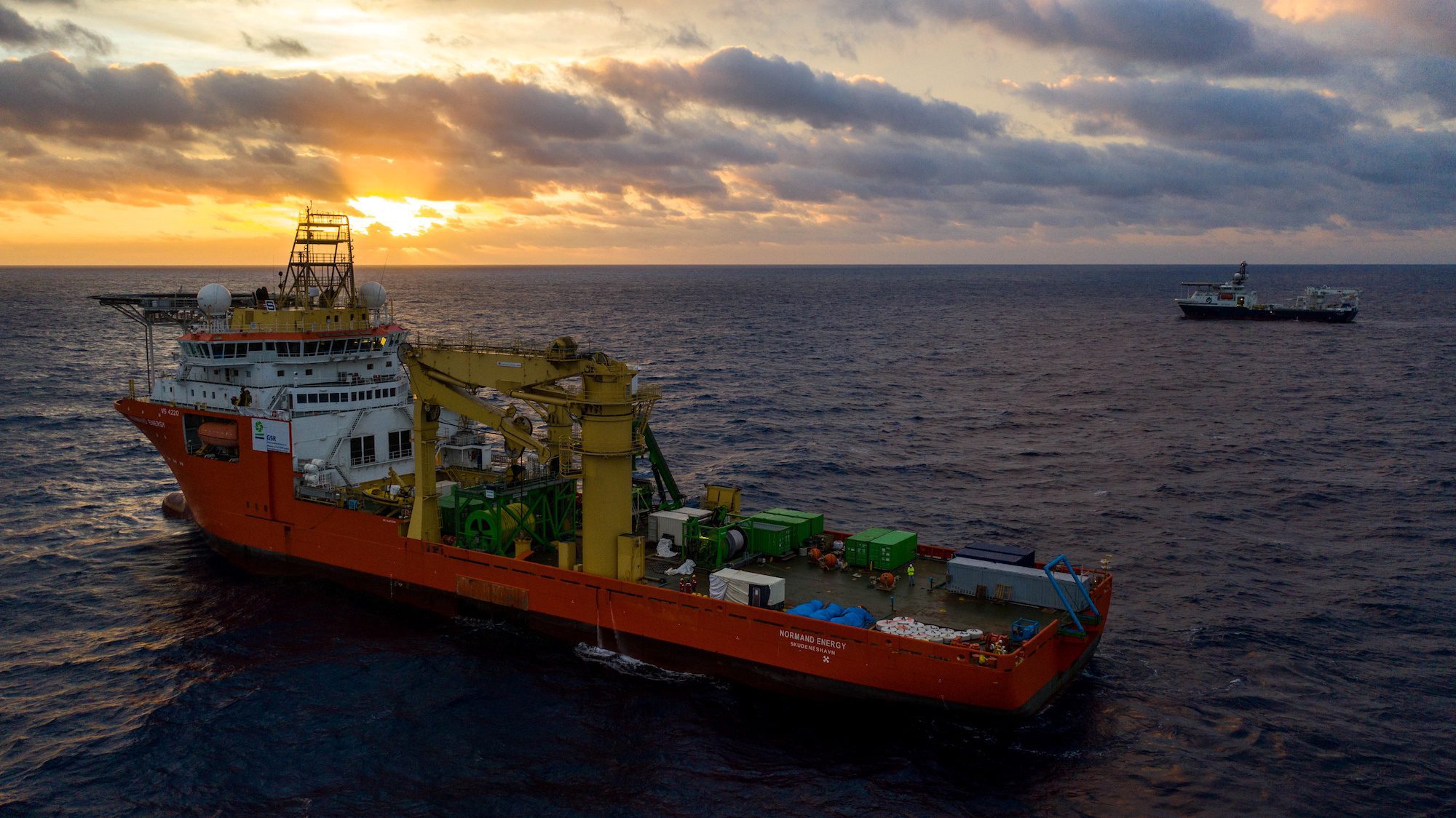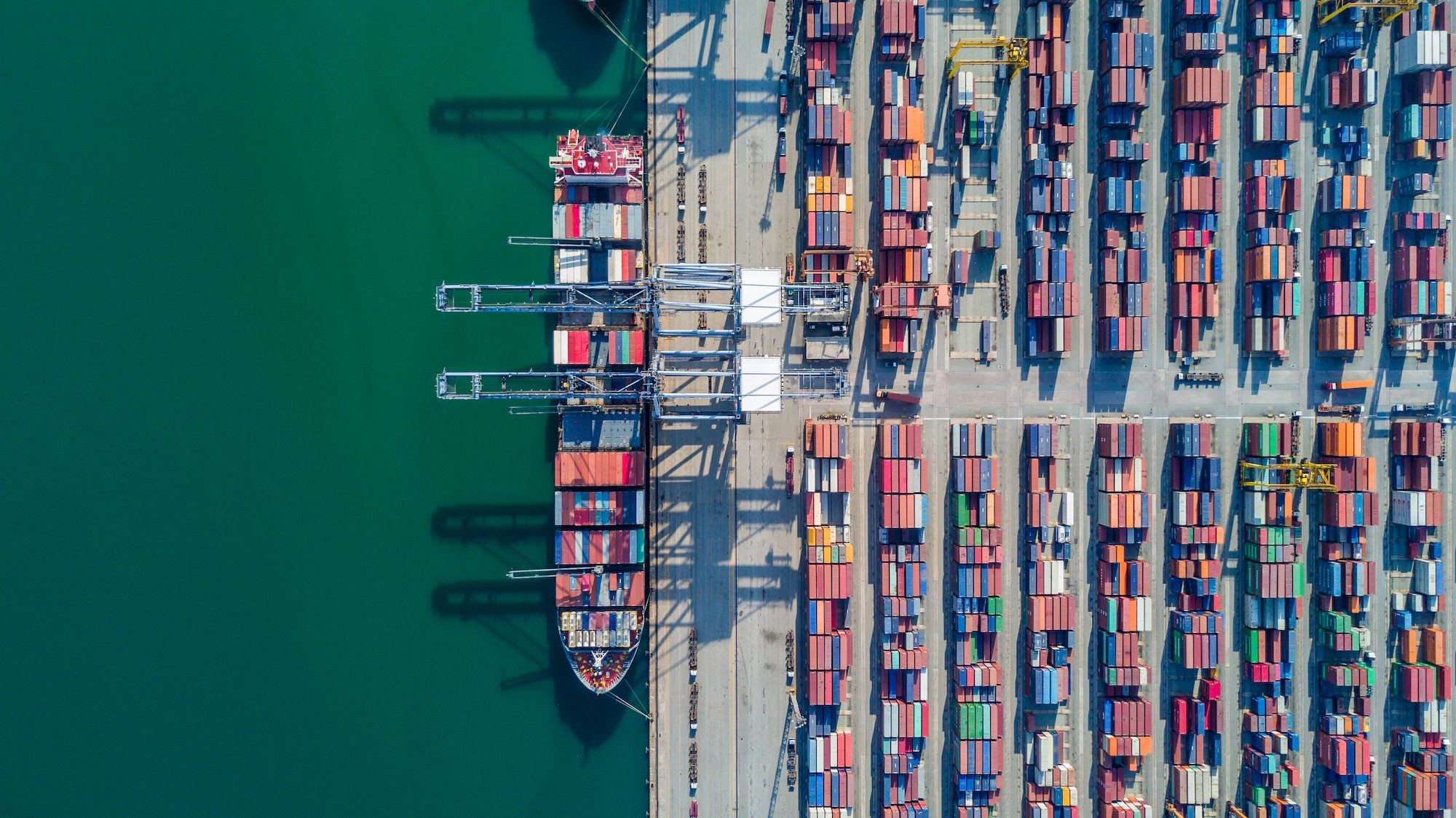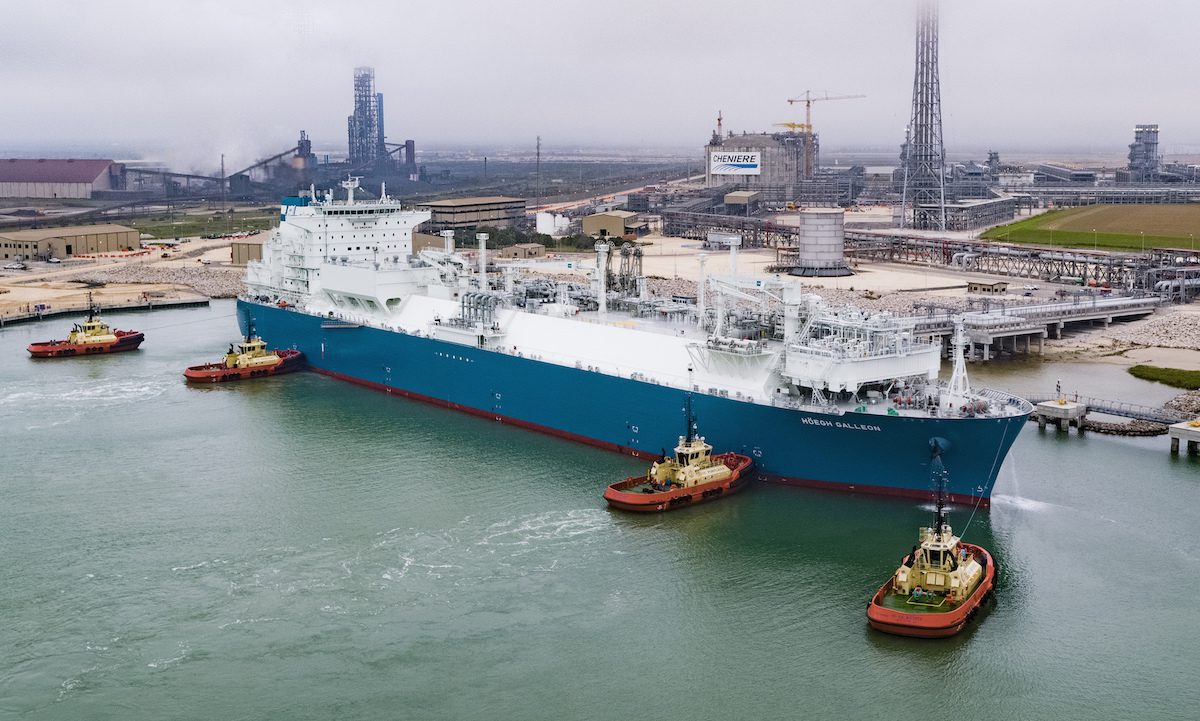April 28 (Reuters) – A seabed mining robot being tested on the Pacific Ocean floor at a depth of more than 4 km (13,000 ft) has become detached, the Belgian company running the experimental trial said on Wednesday.
Global Sea Mineral Resources (GSR), the deep-sea exploratory division of dredging company DEME Group, has been testing Patania II, a 25-tonne mining robot prototype, in its concession in the Clarion Clipperton Zone since April 20.
The machine is meant to collect the potato-sized nodules rich in cobalt and other battery metals that pepper the seabed in this area, and was connected to GSR’s ship with a 5km cable.
“On its final dive in the GSR area, a lifting point separated and Patania II now stands on the seafloor,” a GSR spokesman said in an emailed statement.
“An operation to reconnect the lifting point begins this evening and we will provide an update in due course.”
The GSR trial is being observed by independent scientists from 29 European institutes who will analyse data and samples collected by the robot in order to measure the impact of seabed mining.
While several companies and countries have seabed exploration contracts, regulations governing deep-sea mining have not yet been finalised by the International Seabed Authority, a U.N. body.
Critics, including environmentalist David Attenborough, say seabed mining is untested and has a largely unknown environmental impact. Google, BMW, AB Volvo, and Samsung SDI have backed a call for a moratorium on deep-sea mining.
Dr Sandra Schoettner, deep-sea biologist at Greenpeace, said: “Losing control of a 25-tonne mining machine at the bottom of the Pacific Ocean should sink the idea of ever mining the deep sea.”
A spokesman for GSR said the company has not lost control of Patania II, and that projects like this always have challenges to contend with.
GSR has said it will only apply for a mining contract if the science shows deep seabed minerals have advantages, from an environmental and social perspective, over relying solely on land mining. (Reporting by Helen Reid, Editing by William Maclean and David Gregorio)
(c) Copyright Thomson Reuters 2021.

 Join The Club
Join The Club












